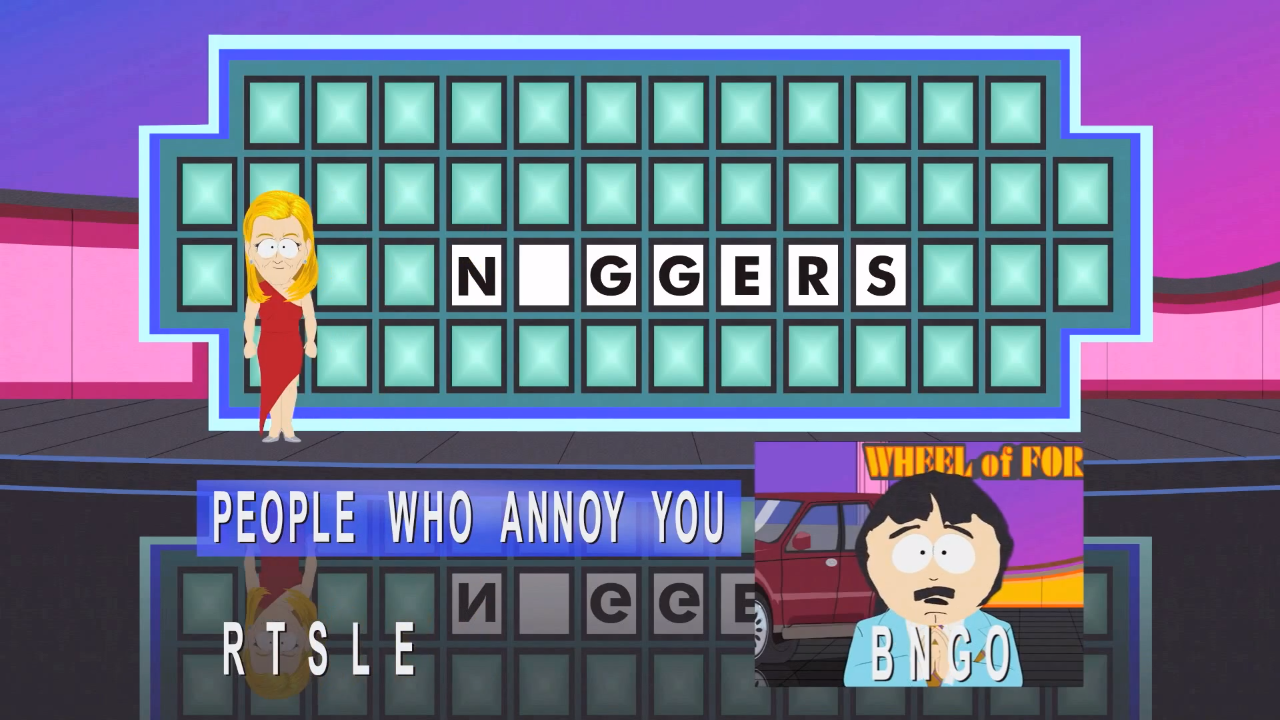

This is proof of one thing: that our brains are nothing like digital computers as laid out by Turing and Church.
What I mean about compilers is, compiler optimizations are only valid if a particular bit of code rewriting does exactly the same thing under all conditions as what the human wrote. This is chiefly only possible if the code in question doesn’t include any branches (if, loops, function calls). A section of code with no branches is called a basic block. Rust is special because it harshly constrains the kinds of programs you can write: another consequence of the halting problem is that, in general, you can’t track pointer aliasing outside a basic block, but the Rust program constraints do make this possible. It just foists the intellectual load onto the programmer. This is also why Rust is far and away my favorite language; I respect the boldness of this play, and the benefits far outweigh the drawbacks.
To me, general AI means a computer program having at least the same capabilities as a human. You can go further down this rabbit hole and read about the question that spawned the halting problem, called the entscheidungsproblem (decision problem) to see that AI is actually more impossible than I let on.



I suppose I disagree with the formulation of the argument. The entscheidungsproblem and the halting problem are limitations on formal analysis. It isn’t relevant to talk about either of them in terms of “solving them,” that’s why we use the term undecidable. The halting problem asks, in modern terms—
Given a computer program and a set of inputs to it, can you write a second computer program that decides whether the input program halts (i.e., finishes running)?
The answer to that question is no. In limited terms, this tells you something fundamental about the capabilities of Turing machines and lambda calculus; in general terms, this tells you something deeply important about formal analysis. This all started with the question—
Can you create a formal process for deciding whether a proposition, given an axiomatic system in first-order logic, is always true?
The answer to this question is also no. Digital computers were devised as a means of specifying a formal process for solving logic problems, so the undecidability of the entscheidungsproblem was proven through the undecidability of the halting problem. This is why there are still open logic problems despite the invention of digital computers, and despite how many flops a modern supercomputer can pull off.
We don’t use formal process for most of the things we do. And when we do try to use formal process for ourselves, it turns into a nightmare called civil and criminal law. The inadequacies of those formal processes are why we have a massive judicial system, and why the whole thing has devolved into a circus. Importantly, the inherent informality of law in practice is why we have so many lawyers, and why they can get away with charging so much.
As for whether it’s necessary to be able to write a computer program that can effectively analyze computer programs, to be able to write a computer program that can effectively write computer programs, consider… Even the loosey goosey horseshit called “deep learning” is based on error functions. If you can’t compute how far away you are from your target, then you’ve got nothing.